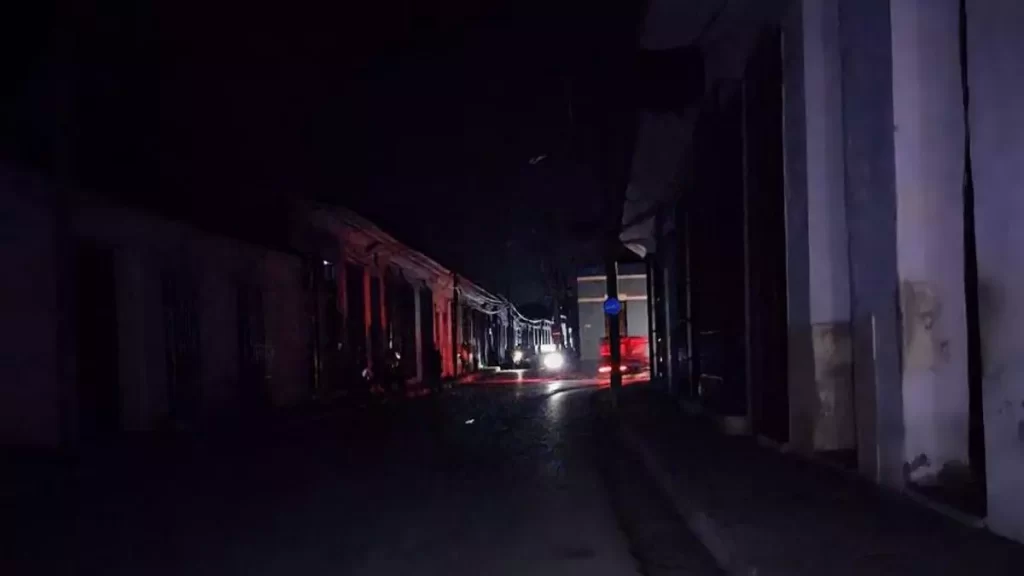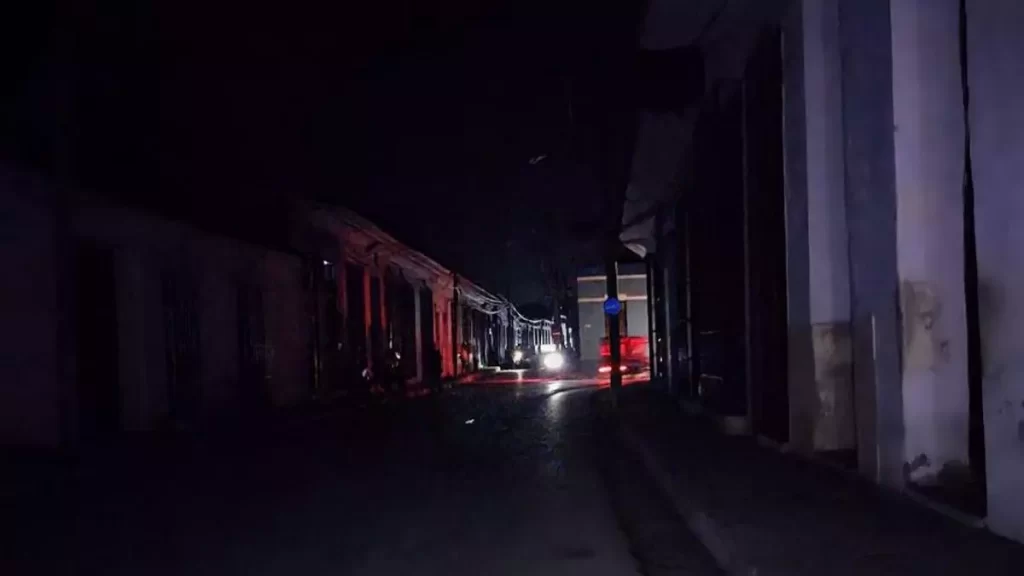
14ymedio, Yoani Sánchez, Generation Y, Havana — A ‘snort’ runs through the neighborhood. They have just cut off the electricity service and life is paralyzed until the power returns. The elevator does not work, the elderly residents of the upper floors wait on the ground floor of the building because arthritis and fatigue do not allow them to climb the stairs. The cafeteria on the corner closes to the public since the oven is electric and its main offering is pizzas. The pipes remain dry because the water pump could not complete the rise to the tank and, furthermore, “for two days there has been a break in the Palatino pipeline,” says a neighbor.
There is nothing romantic, beautiful or creative about blackouts. They are not, as official media assures, the opportunity to prepare a candlelit dinner for a couple, to get away from the mobile screen or read a book. Not having power is something much more mundane, irritating and limiting. Bedridden patients are flooded with sweat because the fans no longer work; the little milk that the family saves for the baby spoils due to the lack of refrigeration; the poor young man who earns his living as a bicycle messenger loses his little income. because the shipping application


